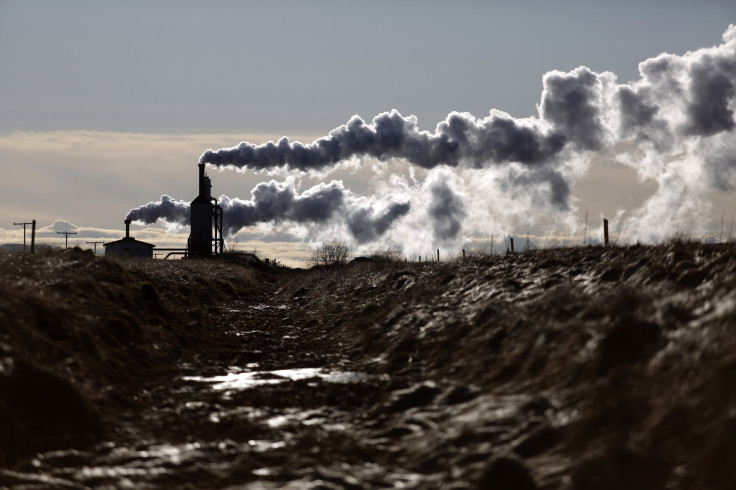Half Of Nearly $8B In Global Climate Funds Going To Just 10 Nations: Study

More than half of the $7.6 billion in international funds given to the developing world to cut emissions of greenhouse gases and mitigate the effects of climate change has gone to just 10 nations, according to a study conducted by Overseas Development Institute (ODI), a London-based think tank. The study also found that countries most at risk from a warming climate had, over the last decade, received much smaller amounts than needed.
“The top recipients of finance were Morocco, Mexico and Brazil, receiving half a billion dollars in loans each,” ODI said, in a statement accompanying the report. “Mexico and Brazil are among the top 10 emitters of greenhouse gases, and with Morocco, all have huge renewable energy potential.”
The study, whose findings were published on Monday in a report titled ‘Climate finance: Is it making a difference?’ found, based on data gathered from 135 nations, that countries like Namibia, El Salvador and Guatemala received less than $5m each -- less than one-hundredth of what the top recipients got.
“Conflict-affected and fragile states such as Ivory Coast and South Sudan, where it is generally difficult to spend finance, received less than $350,000 and $700,000 respectively,” ODI said, in the statement.
The report -- released as the second week of the United Nations-led international climate summit begins in Peru -- also highlighted the importance of the U.N.’s Green Climate Fund (GCF) in mobilizing funds for developing nations. According to the study, the GCF has raised nearly $10 billion in less than a year -- more than the previous funds have spent in the last decade.
“The climate finance architecture is too complex with insufficient resources spread thinly across many small funds,” the ODI said, in the report. “The new Green Climate Fund, armed with nearly $10 billion, has a great opportunity to reduce emissions and support resilience to climate change.”
The report also said that funds provided to the poorer nations to adapt to a warming climate -- a key sticking point at the ongoing talks in Lima -- had made significant impact.
“Findings show that these funds are helping make a difference, with money to help poorer countries adapt to the impact of climate change increasing from $3.8 million in 2003 to a total of $2 billion in 2014,” ODI said, adding that sorting out the details of climate financing was crucial to securing a lasting global agreement in Paris in 2015.
The report comes just days after the U.N., in its first-ever Adaptation Gap Report, said that developing nations would need as much as $500 billion a year by 2050 to adapt to the effects of a warming climate, significantly revising its earlier figure of $100 billion a year estimated by the U.N.’s Intergovernmental Panel on Climate Change (IPCC).
“There are now too many small climate funding ‘pots’ with substantial overlap and finance is spread too thinly between them, creating an urgent need to learn from experience and improve the system,” Smita Nakhooda, co-author of the report said, in the statement. “The lives of millions of people in poor countries affected by climate change depend on getting this right.”
© Copyright IBTimes 2024. All rights reserved.






















